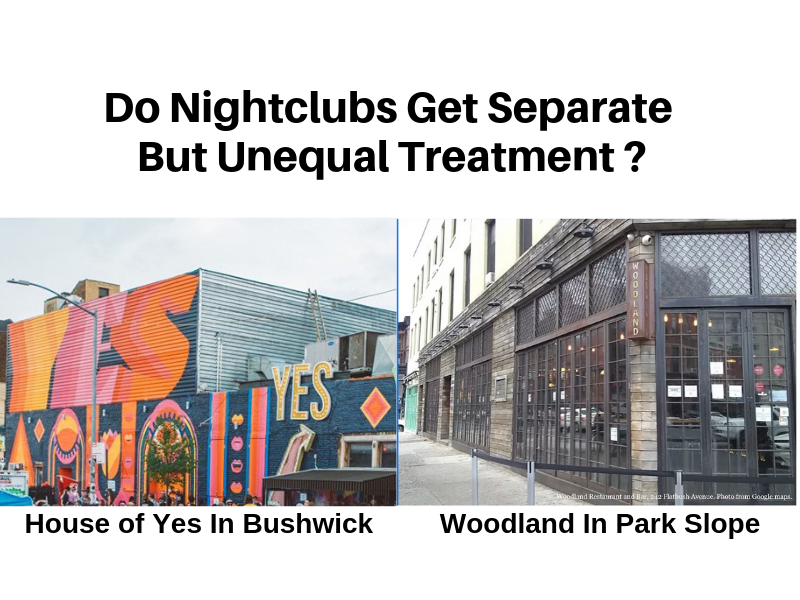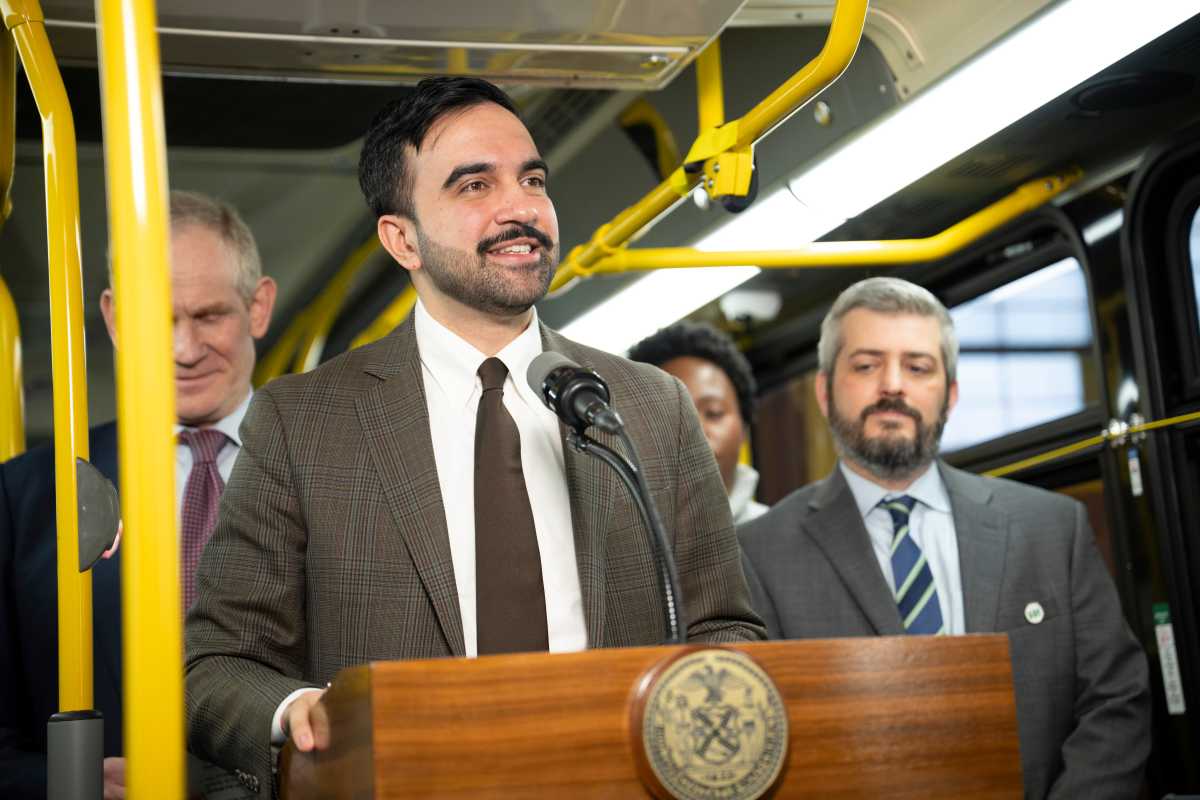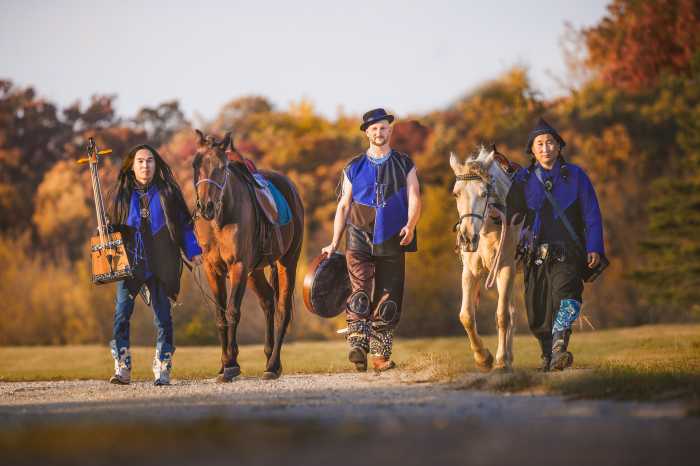Black Institute Founder and President Bertha Lewis yesterday accused city agencies under the de Blasio Administration as well as local community boards and police precincts of utilizing double standards when it comes to bars that cater to mainly white hipsters and bars that cater to mainly black and brown patrons.
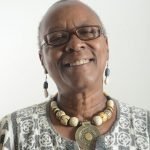
Lewis’ allegations come as the Black Institute is circulating a petition to keep the Woodland Restaurant and Bar’s liquor license intact.
The eatery at 242 Flatbush Avenue off 6th and St. Marks avenues, caters to largely middle-class millennials of color. Local Progressive lawmakers including City Council Member Brad Lander (D-Park Slope, Windsor Terrace, Kensington) and the local community board is looking to have their liquor license suspended because of excessive noise and alleged drunken behavior spilling out of the bar.
On the other side, Lewis points out how the City’s Office of Nightlife and Department of Health are doing a new outreach to predominantly white hipster bars in Williamsburg and Bushwick to offer naloxone — a medication that reverses opioid overdoses — and staff training.
“So here we have the Office of Nightlife and the Department of Health actually going to Bushwick and say when white hipsters go here and take these drugs, and if they overdose, here’s the drug you can administer and we’ll train your staff how to administer this drug. So here we have the Office of Nightlife and Department of Health acknowledging people are taking hard drugs and overdosing at these bars and yet are we shutting down any of those? Are we taking away any of their liquor licenses and yet you’re harassing Woodland. If it were a black club that was acknowledged there were people taking hard drugs, it would have been shut down so you can’t tell me there’s not a racial component,” said Lewis.
“Where are the community boards complaints to not give them [hipster nightclubs] liquor licenses and police precincts in visiting these places?” she added.
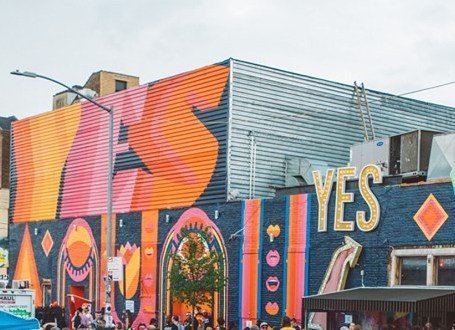
Lewis said the Office of Nightlife told her they didn’t know a lot about the situation at Woodland when in fact they had a whole meeting at Brooklyn Borough Hall about it in October of last year and they did nothing to follow up.
“At that same meeting, several owners of color were saying help us. We’ve been harassed and fined and once again the Office of Nightlife totally ignored them,” said Lewis.
Lewis noted one such black-owned club that caters to black clientele that experienced harassment from the local community is the four-year-old Prospect Heights bar Ode to Babel. Their plight to successfully keep their liquor license was highlighted in a New York Magazine story less than two months ago.
The club, which is just blocks from Woodland, is in a rapidly gentrifying neighborhood that was once predominately black.
“In Community District 8 — which includes Crown Heights, Prospect Heights, and Weeksville — the black population fell from 78 percent to 65.5 percent between 2000 and 2010, while the area’s white non-Hispanic population jumped from 6.8 to 16.7 percent, representing the neighborhood’s largest demographic shift. In Prospect Heights alone, 50 percent of residents are white as of 2016,” the New York Magazine article cites.
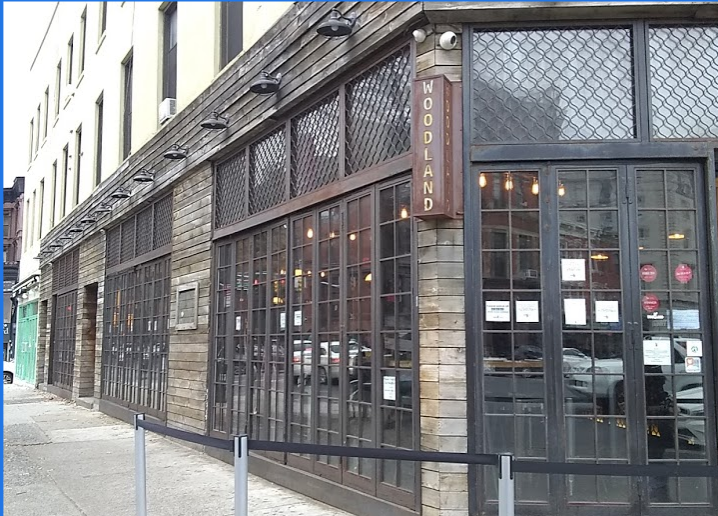
Lewis said she has heard similar stories from other bars and clubs that cater to black patrons, and that the Black Institute is embarking on a study of complaints and violations given to these bars and clubs to see if there is a pattern of separate but unequal treatment given to clubs with mainly white patrons as compared to clubs with mainly black patrons.
Office of Nightlife Executive Director Ariel Palitz responded that the office has been aware of the circumstances at Woodland.
“We have visited the venue, and have been in touch with the management, ownership, NYPD, and members of the local Community Board and BID (Business Improvement District). It is our understanding that there is currently an SLA hearing scheduled for their review later this month. The purpose of the Office of Nightlife is to serve as an intermediary between City agencies, the nightlife industry and community to provide support, mediation, and guidance, which we are doing in this case,” Paliz said.
In regard to questions about the office of nightlife’s initiative to educate and help distribute naloxone at hipster nightclubs in Bushwick and Williamsburg, Paliz said the office has been working to establish a foundation to identify and address systemic issues facing the nightlife industry and community.
“While we determine longer-term solutions to these challenges, we have also been asked to intervene in chronic and urgent matters across the city in a variety of neighborhoods, where our supportive multi-agency
The saga of how the city allegedly treats bars and clubs that have white patrons and black patrons differently comes as Woodland will come before a State Liquor Authority (SLA) hearing to keep their liquor license on July 24.


